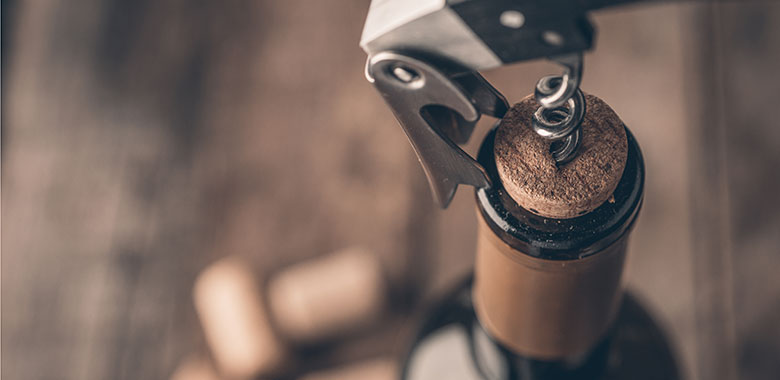
Wine
How long does open wine last?
If you’re like us and love sharing good wine, there’s probably little chance of a bottle lasting long enough to risk losing its drinkability. However, there may be times when you do find yourself with an opened bottle or two at the end of an evening, and unfortunately, the answer to “does opened wine go bad?” is, yes it does.
But don’t despair, this guide will help you to enjoy those delectable drops before they spoil.
Why Does Wine Go Off?
Once a wine is opened and exposed to air, oxidisation begins robbing the wine of its fresh fruit flavours. That’s why it’s best to finish an entire bottle over a night or an event. Refrigeration can help keep the wine fresh for longer by slowing the oxidisation process and postponing spoilage.
Open wine also risks developing acetic acid bacteria which consumes the alcohol in wine, leaving behind a bitter vinegar-like taste and smell. Like oxidisation, the bacteria is a chemical process, so storing the wine at a low temperature can slow the reaction. So, how long will opened wine last in the fridge? Well, that all depends on the varietal and the style.
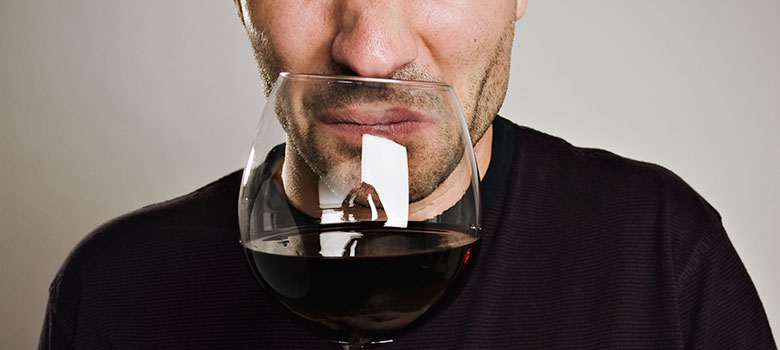
How long can you keep Sparkling once it's opened?
How long can you keep Champagne once it is opened? When popped, Champagne, Prosecco, Sparkling Whites and Sparkling Reds quickly begin to lose their carbonation or fizz after one day. If you’re unable to finish the bottle, it is best to seal it with a Sparkling wine stopper and store it standing upright in the fridge for no more than two days.
And no, popping a teaspoon into the neck of a bottle of opened Sparkling won’t help to preserve it. Wine Selectors Tasting Panel Co-Chair, Adam Walls busts the myth.

How long is white wine okay for once it's opened?
How long is white wine okay for once it is opened? The light-weight whites should remain fresh for up to two days. Light white wines are Pinot Grigio, Pinot Gris, Sauvignon Blanc and blends, Riesling, Vermentino and Gewürztraminer. Make sure the wine is properly sealed with a screw cap or stopper and stored in the fridge. You will probably notice a change in taste as the wine oxidises and the fruit characters diminish, becoming less vibrant.
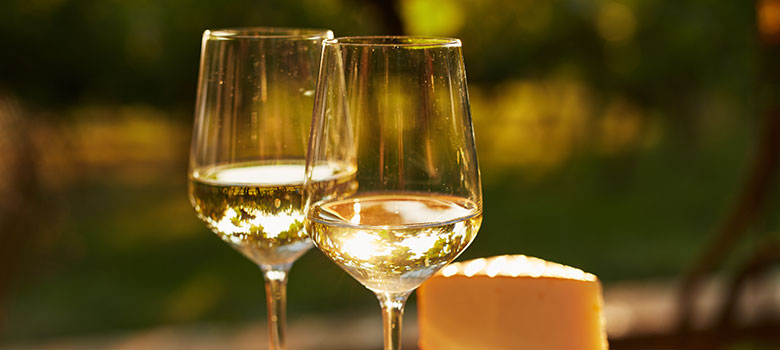
How long does full-bodied White wines and Rosé stay fresh for?
How long do opened full-bodied white wines stay fresh for? If sealed with a screw cap, cork or stopper and stored in the fridge, three days is the use-by for a Rosé or full-bodied white like Chardonnay, Fiano, Roussanne, Viognier and Verdelho. Oaked Chardonnay and Viognier tend to oxidise more quickly because they are exposed to additional oxygen during the pre-bottled ageing process.
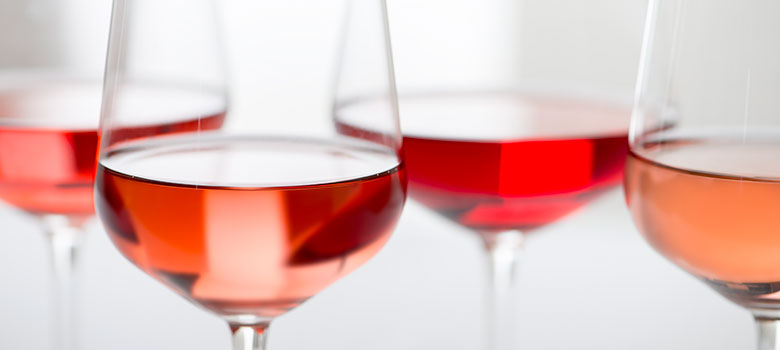
Can you drink red wine seven days after opening?
Can you drink red wine seven days after opening? Red wine can last for three to five days if they are sealed and stored in a cool, dark place or a fridge. As a general rule, red wines with higher tannin and acidity such as Shiraz, Cabernet Sauvignon, Merlot and Malbec, tend to last longer once opened (three to five days). Lighter reds such as Pinot Noir and Grenache will diminish ealier around two to three days. Late harvest reds can also stay fresh for up to four days. It's not advisable to leave red wine that has been opened for more than a week.
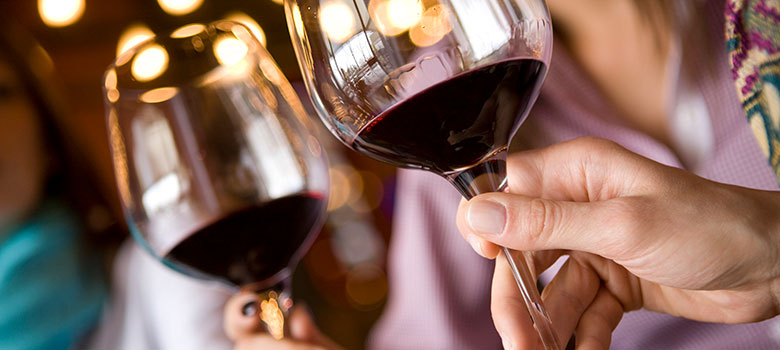
Can I drink opened wine after a month?
Can I drink opened wine after a month? When it comes to correctly stored Fortified wines, yes you can. Thanks to the addition of brandy during the blending process, vintage Fortified wines, Tawny, Muscat and Topaque can stay fresh for a considerable 28 days once opened. Like full-bodied reds, ensure the bottle is sealed tight with the screw cap or original cork and store the wine in a cool, dark cellar or cupboard.
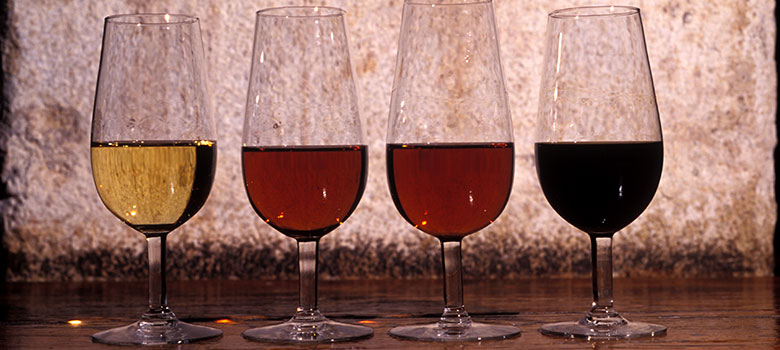
What can I do with leftover wine?
If you have wine opened and you can’t drink it before it spoils, think about including it in your cooking. White wines make excellent bases for sauces for chicken and seafood dishes and are great used as a liquid when cooking risotto and paella. Meanwhile, red wines add fabulous flavours to slow-cooked and braised meat dishes like crowd-pleasing spaghetti bolognaise, coq au vin, osso bucco, lamb shanks, beef cheek, and more.
Another tip is to freeze left over wine in ice-cube trays to use in cooking later. It can last up to three months, and to avoid freezer burn, once set, transfer the wine cubes into a sealed container.
Where is the expiration date on wine?
Unlike food stuffs, wines don’t really have an ‘expiry date’ as such. They do however have a best drinking window as suggested by the producer and you can usually find this on the back label of a bottle. If there is no ‘best time to drink’ on a wine label, we suggest looking on the producer’s website.
How do you tell if wine is off?
There are a number of factors that can cause a wine to spoil and several ways you can tell if a wine is ‘off’.
- Cork taint trichloro anisole: Smells musty like wet dog or wet newspaper.
- Oxidised: Reds can turn to a brick or brown colour. Smells dirty or stewed.
- Brettanomyces (brett): Aromas of barnyard, band aids and gas.
- Reduction: Smells like sulphur, burnt rubber or rotten eggs.
- Volatile acidity (VA): Smells of vinegar or acetone, similar to that of nail varnish remover.
- Cooked: the smell is often likened to over-brewed tea
Wines can also be spoiled when not stored or cellared correctly. Exposure to light, heat, humidity, and vibration can have a detrimental effect on your wine and its longevity.
Check out this short video where Tasting Panel Co-Chair, Adam Walls, explains the best places to store your wine at home.
Learn more about the best wine storage practices in our article The Dos and Don’ts of Good Wine Storage.